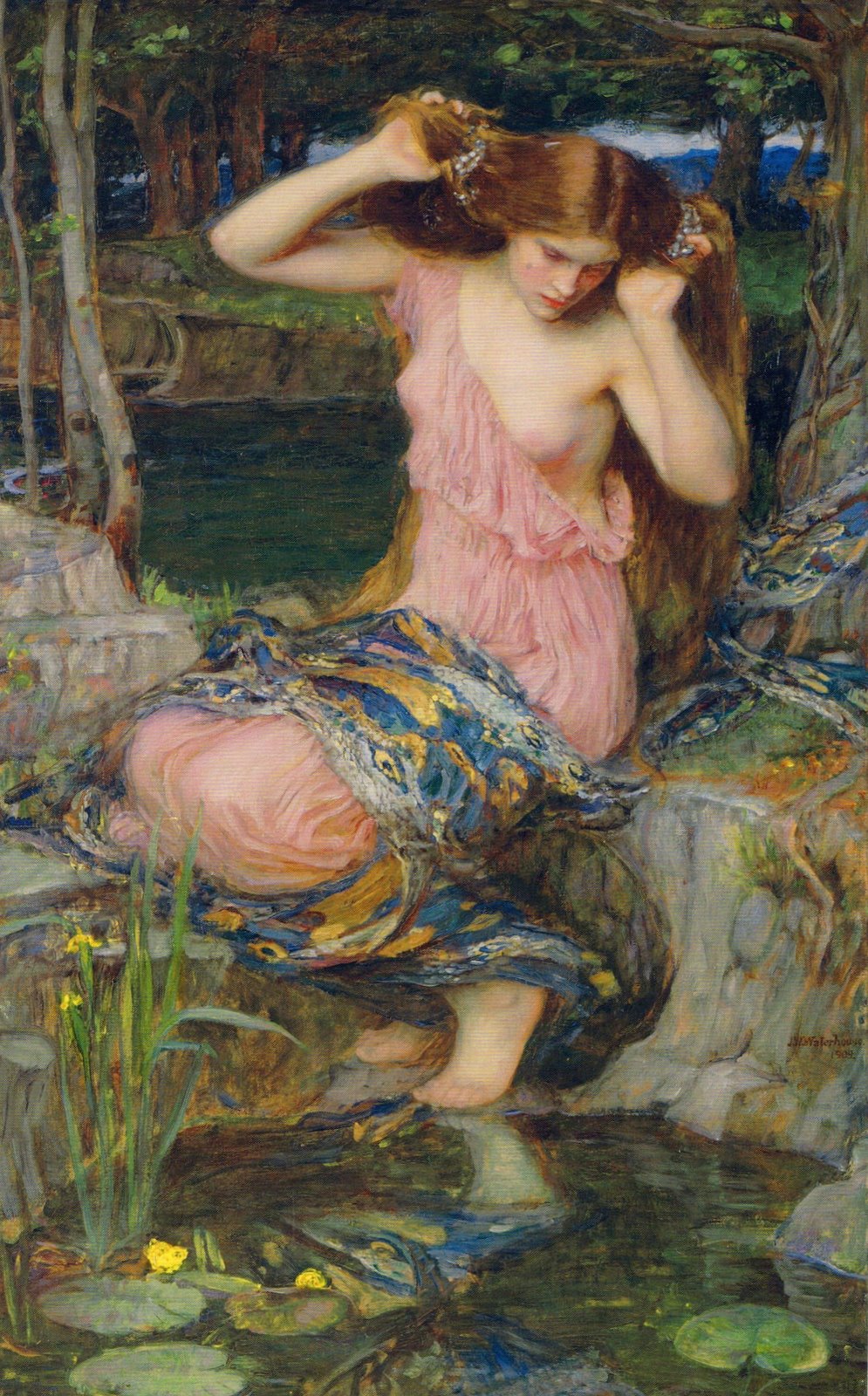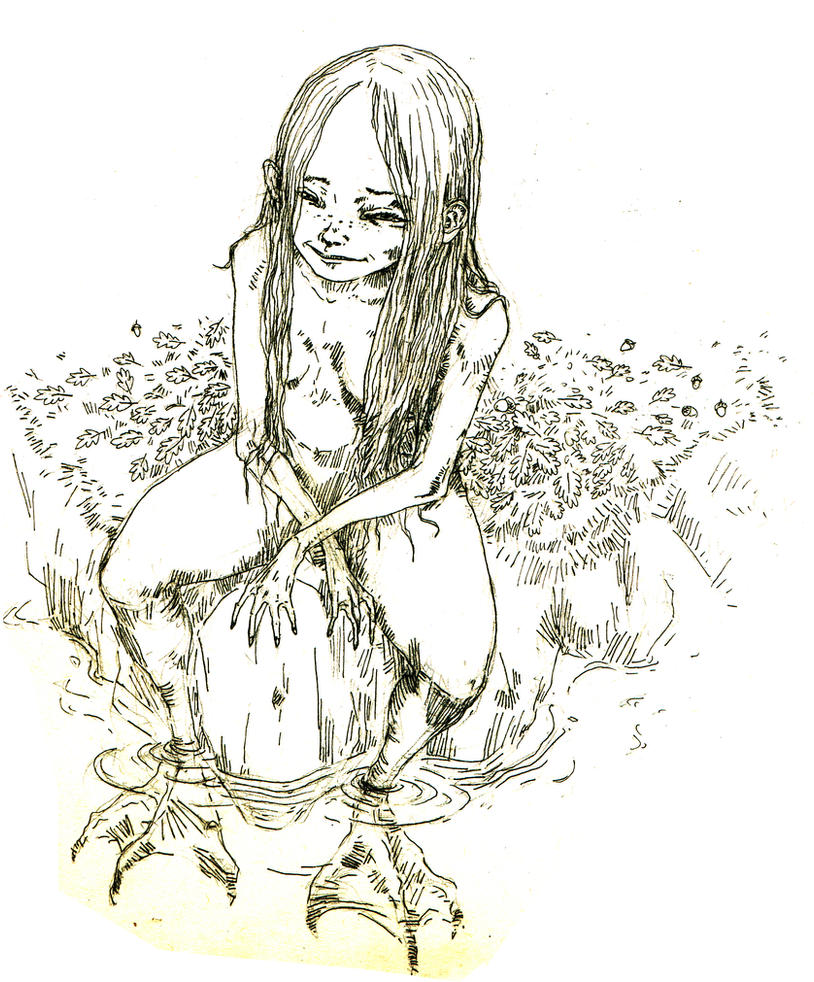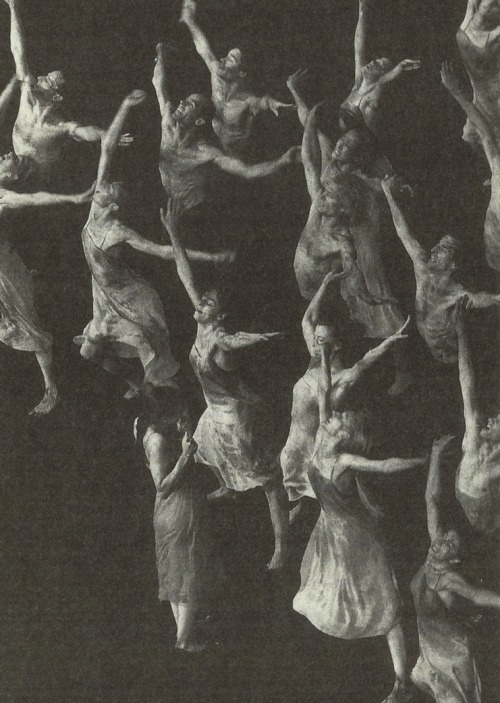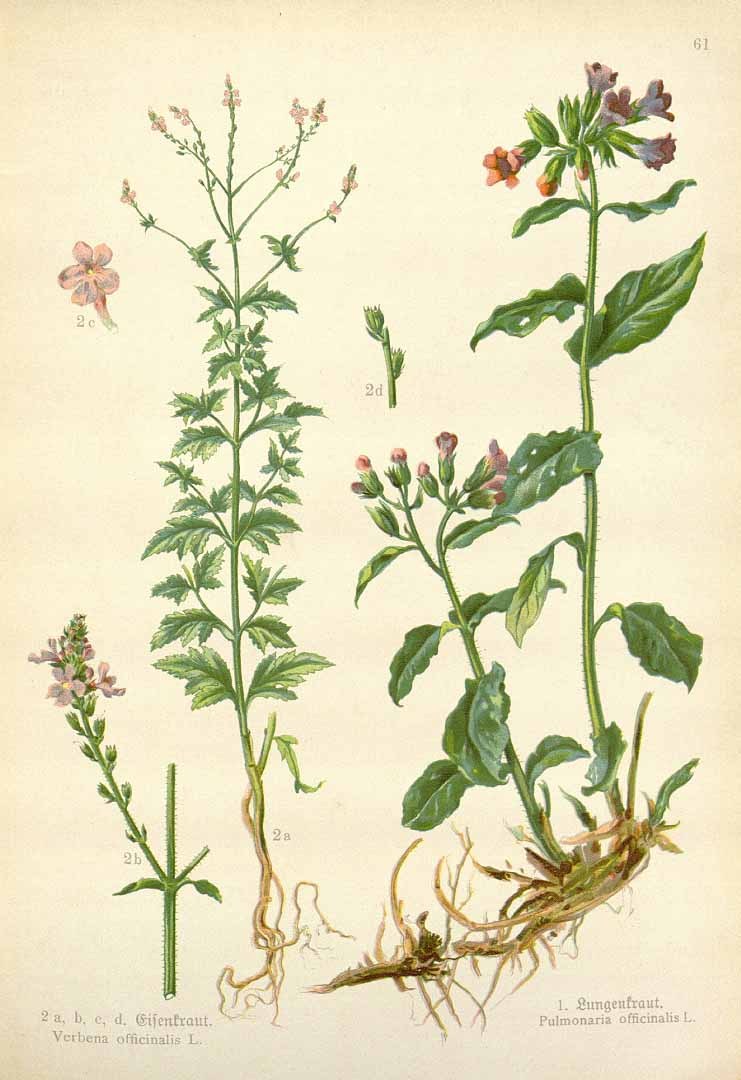I.
 |
| John William Waterhouse (1909) |
T was the first third of the seventeenth century. In those days the slopes of the mountains which encircled the valleys were densely covered with luxuriant trees; these plantations began to disappear during the civil wars, and in a greater degree after the war, on account of the increase of naval construction in the building trade of Zurrosa, Duesto, Salve, and Ripa.
When beautiful chestnut woods and forests of oak covered the southerly brows of Archanda and Berriz, which now are almost bereft of vegetation, and also along the base of the valley where, God be praised! they substituted for the ancient trees the no less beautiful embellishment, and one more useful, of numbers of quintas, splendid houses, gardens, orchards, and manufactories, there lived a happy couple.
On the brow of the mountain Berriz, in the centre of a plantation of luxuriant chestnuts, there existed, during the three first decades of the seventeenth century, a house surrounded by some acres of arable land. That homestead, and the happiness of its inmates, no doubt inspired in the people a song or ditty which I heard for the first time in those plantations, and which runs as follows:
Tener herencia en campo bello,
Yuna casa en la herencia,
Yen la casa pan y amor,
Es grande felicidad.
("To possess an inheritance in a lovely land, and in that inheritance a house, and in that house bread and love, is indeed a great happiness.")
And in truth they were very happy, Martin and Prudencia, as they were called by the dwellers of Aurrecoechea. Their love began in the holy occupation of labour.
Prudencia dwelt in the house of Aurrecoechea, whose acres had to yield the sustenance necessary for herself and her mother, the only member remaining of her family, and she was too old and helpless to work. In another house, close to that of Prudencia, lived Martin, who also had to support by his labour in the paternal home his aged parents who could no longer earn their bread.
Some of the work done by the tillers of land in the Biscayan provinces demands the united labour of two or more persons. Hence it is that a woman is never seen alone digging or tilling the ground, because the field labourer or farmer, who has no one of his family to assist him in his hard work, and is too poor to hire labourers and pay wages, digs in exchange with any of his neighbours who may be similarly situated; that is to say, they join together and work alternately on each other's land.
When the season for digging commences, which is that when the sky begins to clear up and shows a cloudless blue, the birds to sing on the trees, and the flowers to spring up on the banks, Martin and Prudencia used to join together and work alternately on each other's land; and in that occupation, which I do not hesitate in calling a holy one, since it is a holy labour, that of him who sows the land by the sweat of his brow in order that it may produce the fruits with which to maintain his family--there sprang up in the hearts of these two, honoured and comely beings a pure affection which grew and became strengthened.
It is easier to comprehend than it is to explain the sweet charm which their labour must have possessed for those two young people, that labour shared together, and in which they learned to love one another in a supreme degree. Both lost almost at the same time their parents, and both felt that they remained alone in the world; but when Prudencia saw Martin in his house, and Martin in that of Prudencia, a hope rose up which smiled upon their lives, and then both felt that they were not left alone in the world.
One lovely spring morning Prudencia left her house at the same moment as Martin left his, and both met on the slope of the hill and descended to the plain, where they entered the Church of San Pedro de Deustua. An hour later they ascended the mountain, Prudencia leaning lovingly on his arm, and instead of parting company to enter each one into their house, they both went into the house of Prudencia, because it had become a fact that love and the permission of the church had rendered common property both their inheritances.
For two years did Martin and Prudencia live together. Poor indeed they were as regards the riches of this world, but rich in love and happiness, and no doubt it was then that some versifier of the mountains of Goyerry or of the plains of Olaveaga composed the Basque ditty which I have humbly rendered into English. But as in this world there is never complete felicity, so also was the happiness of Martin and Prudencia incomplete, because often when Martin heard in Aurrecoechea the bells of Santa Maria de Begoña ringing for mass, he used to say--
"We must have a mass said to beseech the Virgin to implore our Lord to give us, through her intercession, what is wanting to complete the joy of our home."
"Yes, we must indeed," Prudencia would reply, blushing and full of joy.
II.
Martin and Prudencia were overjoyed when the young wife felt that their desires were to be realized, but their joy was very quickly turned into sorrow.
On one autumn evening they were both in the chestnut wood. Martin had climbed a tall tree the branches of which he was beating with a long stick, while Prudencia gathered the chestnuts, as they fell, into a basket. Suddenly a cry was heard in the chestnut plantation where Martin was, and he fell to the ground uttering a cry of terror, followed by another from Prudencia. She ran to help her husband, and filled the wood with cries for assistance; and the neighbours quickly hastened to render help; but it was all of no avail. Martin, who had fallen to the ground owing to the breaking down of the branch upon which he was standing, had ceased to exist. In the bitterness of her grief Prudencia heard the bells of Begoña, which happened to be tolling for the dead; and she prayed in her agony that the Lord might relieve her of the weight of her life, but instantly remembering the unborn fruit of their happy union, she repented of that impulse of despair, and cried out--
"No! do not heed my petition, O my God! I wish for life to dedicate it to the innocent babe which Thou hast given me to bear!"
Two months later Prudencia gave birth to a beautiful boy which cost its mother fearful suffering.
Eight years passed since Ignacio was born, and for these eight years the life of the mother had been one long chain of anguish and deep sacrifices to preserve the existence of that child who was born vacillating between life and death; but at length life triumphed, thanks to the mother's care.
"It is appalling to consider how much that child has cost you," used the pious hermit of San Bartolomeo de Berriz to say to Prudencia; "if there is a child in the world who ought to love its mother, it is most certainly your son."
On hearing these words Prudencia was unable to restrain her tears. Was it because her son did not love her as much as her love and great sacrifices deserved? Most undoubtedly it was.
There are few mothers who have not the right to call their children ungrateful! There are few sons who, after losing their mothers, do not feel in the depths of their hearts the remorse of not having loved them as much as they deserved!
Ignacio seemed to view with indifference the love and the tender solicitude of his mother whom he treated with disaffection, which in the unreflecting age of eight was not a very guilty act, but which nevertheless gave signs of that ingratitude and coldness of heart with which the son of Prudencia would repay the hapless mother her love and maternal solicitude and sacrifices. Up to his seventh year the child was reared weak and sickly, but on attaining this age his health began to improve wonderfully, and one year later he was one of the most robust, healthy children who frequented the shores of Ibaizabal. It was on the shores of Ibaizabal, and not on the heights of Goyerri, that Ignacio was to be found at all hours of the day, against the will of his mother; who feared that some misfortune would befall him on the water, but she in vain opposed his descent to the river.
Prudencia wished her son to become attached to the paternal home, to cultivate the land and the trees which surrounded it, and to pursue the agricultural pursuits of his country; but the water and boats and sailors were all in all the thoughts and love of the child. For him there was no field so beautiful as the wide expanse of the blue water, nor dwelling more lovely and desirable than a ship, nor society more agreeable than that afforded by the rough mariners, whose brows had become bronzed, and who had grown old wrestling with the tempest and fighting with pirates. Whenever his mother came to seek him in Olaveaga or Zorroz-aurre, she always found him exercising himself, rowing in a boat, or climbing a ship's mast, or playing on the deck of some vessel, or in the dingy alehouse frequented by the sailors, and where they met to spin their yarns, perfectly absorbed with the narrative of the adventures encountered by some crew.
If it had cost Prudencia many and dire sorrows to rear up her child, her trials were no less now when she beheld with dismay the growing love for the sea which he was daily manifesting.
The fond ambition of a mother can never be realized on beholding in her children the wish to leave their paternal home to seek the life of solitude and the constant perils of a life spent on the seas; and the ambition of Prudencia had been that her son should always remain at her side, cultivating the fields sown with patient love, and cheering the hearth around which so many tears had been shed by her. Ignacio, on attaining his twelfth year, could read and write fairly well, thanks to his natural intelligence and the constant efforts of his mother to make him attend school, but certainly not due to his love of study. During the long winter evenings his mother insisted on his reading aloud books which were of a religious character, or such as recounted the history of the glories of the land of his birth; but the only book which Ignacio loved to read was a fantastic narrative of the voyages of Columbus, Elcano, and other navigators, and some romances, in which, for the amusement of the public, were related incredible accounts of maritime scenes which fired the imagination of that poor boy, who really seemed as though he had come into this world solely to torment and grieve his tender mother. The romantic and exaggerated narratives which the sailors daily recounted completed the pernicious effects produced by the injudicious reading he had pursued, on the vivid imagination of Ignacio. One day his mother bade him consider that he was already of an age to assist her in the arduous labour of cultivating the fields and tending the cattle. Ignacio to this replied, what his mother had long feared to bear, that he did not like the life of an agriculturalist, and he was firmly resolved to take to that of a sailor and proceed to sea.
In vain did Prudencia endeavour to dissuade her son from his resolve: the son insisted upon it; and thus the years passed until Ignacio completed his twentieth year, more and more decided upon exchanging the peaceful life, which was offered him by the surroundings of Monte Berriz, for the turbulent life of a seaman on the vast solitudes of the ocean.
The love of Prudencia for her son, in place of diminishing by the cold correspondence it met with from Ignacio, became, on the contrary, more ardent, deeper, more vivid, and firmer than it had ever been! Prudencia only existed to love God and her son. If any maternal love deserved the name of idolatry or madness, most assuredly it was that of this hapless mother.
III.
The pleadings and the tears of Prudencia did not suffice to deter Ignacio from his resolution of casting himself on the ocean, after a few limited voyages on the Cantabrian seas, which hitherto had only deprived Prudencia of his society for a few days. She felt she could not exist without him, and one day Ignacio ran up from the shore to impart to his mother the sad news that he had determined upon undertaking a voyage, which would be of some months' duration. And this was not the only resolution he had formed, and which he imparted to his disconsolate mother. He had decided that they should dispose of the house and land where his father had lived from his birth until he came to dwell in Aurrecoechea, and with the proceeds of the sale to purchase a beautiful swift ship which had been put up for sale on the shores of Zorroz-aurre. The tears and pleadings of his mother to deter him from doing this were met by Ignacio with his usual argument--that if he were to die a violent death, it would be just the same to meet it on the sea as on land, as had happened to his father, who met his death in the peaceful chestnut plantation of Goyerri.
Prudencia wrestled for a long time before she consented to the project of her son; but at length she was overruled; but what was most
singular was the fact that, instead of acknowledging and understanding the selfish proceeding of her son, who was selling the paternal homestead and filling his mother with sorrow merely to gratify a caprice, her love, in place of growing weaker, became daily more strengthened as though it were fed by her abundant tears. Some days after this, Ignacio, radiant with joy and pride, was directing the management of his ship, which had been manned and prepared for leaving the calm waters of Ibaizabal, whilst his mother was weeping unconsolably on the shore where a few moments previously her son had given her a cold farewell accompanied by these unfeeling words: "Come, come, we have had enough of this crying; good-bye for six months." The ship slowly sailed away, carried along solely by the wind, because, as its master already considered himself quite a sea hero, he would not descend to the vulgar recourse of employing a towing rope! Prudencia did not remove her eyes, blinded by weeping, from watching the ship, waiting for the last sign of farewell of her son; but the ship disappeared behind the Monte del Sepulcro, without Ignacio remembering to turn to give one last look towards his disconsolate mother. In those days there did not exist, as in our time, beautiful grassy acres along the plains of Elorrieta and Zorroz-aurre, which extended to the right of Ibaizabal from the Monte del Sepulcro to the white, well-populated district of Olaveaga, which then could only boast of a dozen houses, and what at the present day are fruitful lands and orchards, dotted by cheerful dwellings, was then sterile land overrun with rushes and washed by the waves. With her heart torn asunder by grief, Prudencia crossed the place covered with bulrushes and reeds, and with slow steps ascended the slope of Goyerri, turning at every step to cast a look towards the north-west, seeking the ship which carried her son. On reaching the chestnut wood of Aurrecoechea, she sought, as was her wont, for the tall chestnut tree, on the trunk of which was nailed a simple wooden cross, to shed a tear and repeat a prayer, and this day she cast herself on her knees close to the tree, and watered with her abundant tears the ground which had been steeped with the life-blood of her husband. This ground was on that occasion covered with flowers, and the blue hues of their petals seemed to be reminding her of the celestial Jerusalem wherein the All-powerful reserves unspeakable joys for the sad ones of this earth. "Blessed are those that believe!" said Christ; and whereas Prudencia had faith and believed, she deposited there her sorrow on the breast of an Invisible Being. When she rose up from her knees to continue her walk to her sad, lonely home, she appeared quite comforted and freed from her great heavy burthen. On approaching her house she cast a last look behind. The sun, which was fast becoming hidden behind the mountains of the Encartaciones, was bathing with vivid rays the turbulent waters between Cape Lucero and Cape Villano, and, favoured by its resplendency, Prudencia distinguished and recognized her son's craft, and with eyes fixed on the ship she continued motionless until it disappeared in the mists of the evening. Perchance the mother thought that at the same moment as she watched lovingly the ship, that fond eyes on board were full of tears, seeking amid the chestnut groves of Berriz for the white house of Aurrecoechea.
singular was the fact that, instead of acknowledging and understanding the selfish proceeding of her son, who was selling the paternal homestead and filling his mother with sorrow merely to gratify a caprice, her love, in place of growing weaker, became daily more strengthened as though it were fed by her abundant tears. Some days after this, Ignacio, radiant with joy and pride, was directing the management of his ship, which had been manned and prepared for leaving the calm waters of Ibaizabal, whilst his mother was weeping unconsolably on the shore where a few moments previously her son had given her a cold farewell accompanied by these unfeeling words: "Come, come, we have had enough of this crying; good-bye for six months." The ship slowly sailed away, carried along solely by the wind, because, as its master already considered himself quite a sea hero, he would not descend to the vulgar recourse of employing a towing rope! Prudencia did not remove her eyes, blinded by weeping, from watching the ship, waiting for the last sign of farewell of her son; but the ship disappeared behind the Monte del Sepulcro, without Ignacio remembering to turn to give one last look towards his disconsolate mother. In those days there did not exist, as in our time, beautiful grassy acres along the plains of Elorrieta and Zorroz-aurre, which extended to the right of Ibaizabal from the Monte del Sepulcro to the white, well-populated district of Olaveaga, which then could only boast of a dozen houses, and what at the present day are fruitful lands and orchards, dotted by cheerful dwellings, was then sterile land overrun with rushes and washed by the waves. With her heart torn asunder by grief, Prudencia crossed the place covered with bulrushes and reeds, and with slow steps ascended the slope of Goyerri, turning at every step to cast a look towards the north-west, seeking the ship which carried her son. On reaching the chestnut wood of Aurrecoechea, she sought, as was her wont, for the tall chestnut tree, on the trunk of which was nailed a simple wooden cross, to shed a tear and repeat a prayer, and this day she cast herself on her knees close to the tree, and watered with her abundant tears the ground which had been steeped with the life-blood of her husband. This ground was on that occasion covered with flowers, and the blue hues of their petals seemed to be reminding her of the celestial Jerusalem wherein the All-powerful reserves unspeakable joys for the sad ones of this earth. "Blessed are those that believe!" said Christ; and whereas Prudencia had faith and believed, she deposited there her sorrow on the breast of an Invisible Being. When she rose up from her knees to continue her walk to her sad, lonely home, she appeared quite comforted and freed from her great heavy burthen. On approaching her house she cast a last look behind. The sun, which was fast becoming hidden behind the mountains of the Encartaciones, was bathing with vivid rays the turbulent waters between Cape Lucero and Cape Villano, and, favoured by its resplendency, Prudencia distinguished and recognized her son's craft, and with eyes fixed on the ship she continued motionless until it disappeared in the mists of the evening. Perchance the mother thought that at the same moment as she watched lovingly the ship, that fond eyes on board were full of tears, seeking amid the chestnut groves of Berriz for the white house of Aurrecoechea.
IV.
The plains which at the present day are known under the name of shores of Lamiaco were at the commencement of the seventeenth century called reed plantations, of Dondiz. Dondiz was the name of the cheerful, small village which stands on the green hills that overlook Lamiaco, and it was in this valley that an old man related to me the sad story of Prudencia, while he smoked his pipe and watched the herds pasturing on the grassy meadows.
In the Basque language, as also in Castillian, the name of Lamia implies one of the fantastic creations of the popular mind. Lamia is a class of water fairy which differs from a mermaid in this: that while the latter only dwells in the sea, and her singing allures men for evil, the former lives both in the sea and in the rivers, and her singing attracts men to them in order to render them happy.
To the bed of rushes on the shores of Dondiz was given the Basque name of "Lamiaco," which, literally translated, means the shores of the Lamia. "But why was this shore of Dondiz called Lamiaco?" We shall learn further on. In the seventeenth century those plains, which are at the present day fruitful lands, thanks to the industrial character of the people, and will soon rival the best cultivated acres of Biscay, were overgrown beds of dark rushes and dismal marshes, which the people believed were the haunts of monsters and wandering spirits.
But let us return to Prudencia. Nearly six months had elapsed since the departure of Ignacio, and the poor mother had received no tidings of him. In vain did she come down to Olaveaga and Zorriz-aurre every day, with the object of asking the sailors who returned from America for news of her son. No one could give her any tidings of Ignacio, nor of his ship. But as the term of six months had not yet expired of his absence when he had promised to return, Prudencia still had hopes.
"Should her son not return," said the hermit of San Bartolomeo, "what will become of poor Prudencia, who only lives because she expects her son to come back?
Prudencia would every day take the high road from the plains of Aurrecoechea, which skirts the southerly brow of Monte Berriz, and ends on the summits which are renowned in the modern history of Spain under the name of Banderas. Here she would stop and spend whole hours with eyes fixed on the ocean, always hoping to see on that vast sheet of moving waters the appearance of her son's ship, which she felt sure she could not mistake for any other. But the ship of Ignacio never appeared among the great number which daily passed the fearful line of swelling waves that extends from the broken rocks of Algorta to those of Santurce.
Her hopes began to wane when at the end of six months Ignacio had not returned. Yet Prudencia still continued every day to ascend to the summit of Berriz, to return more and more disappointed. In proportion as the poor mother lost hope her life visibly declined.
One afternoon she stood as usual on that height with eyes fixed on the far distant horizon. The sun was setting, inundating with light the gulf which extends between Capes Lucero and Villano, just as it had done on the day when the bark of Ignacio had crossed that water. Suddenly a white sail appeared in the far distance, lit up by the sun's rays, and Prudencia, uttering a cry of joy, descended the slope west of the Monte del Sepulcro, crossed the stream by a high narrow wooden bridge extending from the sombre tower of Luchana, crossed the plain and rocks of Aspré, and entered the reed marshes of Dondiz at the moment when the bark was saving the bar of Santurce. Prudencia had lost sight of the vessel behind one of the many peaks and rocks which hid it from her sight, but she continued to walk on along the shore, which was now comparatively dry owing to the low tide. Her heart beat wildly, her breathing was painfully laboured, while a feeling of anxious expectation was taking possession of her soul similar to that felt by the prisoner in a dungeon who knows that the first person to enter in is to bring him the sentence of death or liberty.
On coming out from behind a rock she suddenly found herself close to the much-longed-for ship, and, giving a cry of intense pain, she fell to the ground senseless, as though she had been struck down by a ray of lightning. Her heart and her eyes had deceived her. That ship before her was not the one of her son Ignacio. After some time she recovered consciousness, and, making a supreme effort, she sadly and slowly took the road to Ibaizabal as though she had lost the last hope which remained to her on earth.
When she reached Aurrecoechea the night was far advanced, and when the clock of the monks of Burceña struck twelve the soul of Prudencia left its earthly tenement, and was ascending to heaven.
V.
Further on than Aurrecoechea, almost on the summit of the mountain, there existed a beautiful hermitage dedicated to the apostle, Saint Bartholomew, and about the year 1379 some pious men, desirous of leading a life of prayer, and of sheltering the travellers who traversed those plains, which in those days were bereft of habitations and covered by dense forests, in which abounded many wild animals, joined themselves together and constituted a monastic order.
In 1429 the hermitage of Berriz was erected into a convent of Augustinians, and in 1515 the community removed to the neighbourhood of Bilbao, where the pious knight, Tristan de Leguizamor, gave them the land for founding their new house and for erecting a new church.
A century later--that is to say, in the first half of the seventeenth century--a pious woman took care of the hermitage of Saint Bartholomew, which has subsisted almost to our days, and this holy woman often participated in the troubles of Prudencia, and very frequently assisted her with wise counsels. The nun of Berriz, as this servant of God was called, had great fame for sanctity, and from her life of prayer and devout contemplation it was currently believed that her enlightened spirit could pierce the veils of the future.
At the moment when Prudencia breathed her last sigh, the nun of Berriz was kneeling in prayer before the holy altar of the apostle, and was favoured with a. singular vision. It seemed to her that the temple of Saint Bartholomew had disappeared from view, and that the gates of heaven stood in its place. She saw Prudencia surrounded by ineffable light and accompanied by a legion of happy mothers, whose love and maternal sacrifices had obtained for them the aureole of the saints, and was approaching to the throne of God, who spoke to her in this wise:
"Thou wast saintly as a daughter, as a wife, and as a mother; and because thou hast loved much and suffered greatly in the world, much eternal glory shalt thou have in heaven!"
"My God! I thank Thee!" cried Prudencia, smiling with ineffable joy, yet a tear glistened in her eyes.
"Dost thou perchance think this an insufficient reward for thy trials and sorrow?"
No, my God! for this is more than I deserve."
"Why, then, does a tear glisten in thine eyes?"
"Because there yet remains in me an atom of human weakness, and I am thinking that if my son returns to his native shores, there will be no one left to receive and welcome him!"
"I, who can do all things, will complete thy glory by dispelling in thy heart that last sorrow which binds thee to earth. Release that last atom of human nature from thy celestial nature, and, animated by thy holy motherly love, fly back to the shores of Dondiz!"
This brief dialogue concluded, the eyes of Prudencia, freed from the last earthly tear, shone with celestial joy because Prudencia was now one of the blessed, and no longer the earthly mother. And in an instant the strange vision disappeared from the sight of the nun of Saint Bartholomew. A short time after this the people began to call the reed marshes of Dondiz, Lamiaco, because among its rush-beds commenced to be heard the singularly sweet song of Lamia, which is still heard, and will continue to be heard, as long as the sons of this land depart from its noble shores. The song of Lamia is heard whenever a ship leaves the waters of Ibaizabal to breast those of the ocean, and carries in her a child of its mountains. All the harmonies of the fatherland, beautified and glorified by the voice of angels, are united together in that song. The melody of the pipe and the timbrel which cheer the valleys; the songs with which our mothers and nurses lulled us to sleep in our cradles; the zensuac, the ijuijac, and ujuju of the mountaineers as they call each other from mountain to mountain, and from valley to valley. Their dreams, their martial joys, and their love anxieties; the song of the high road, and the murmur of the valley, and the noise of the windmill, and the hammers of the forge, which publish their industry. The ringing of their church bells, the thousand distant, lively rumours which wake up the plains and fields when feasts are held on festival days, the singing of the birds, the sighing of the breeze, and the roar of the sea waves as they dash against our coasts--in one word, all the melodies, all the songs, all the noises which constitute the breath, the life, the voice of the Basque existence, are united together in the song of the[paragraph continues] Lamia. And this song is sweet and alluring; and the ears that once hear it never can forget it; and the heart which beats on hearing it will never cease to beat for the fatherland towards which those who have departed far from it always yearn to return, because in their ears never ceases to resound the song of Lamia.
In course of time the house in which Ignacio was born, and where so many tears had been shed by his hapless mother, was converted into a convent of Capuchin Trinitarians, whose melancholy ruins I am beholding from the window of the room in which I am writing this; and it is a proud fact that the Venerable Father Matthias de Marguina, the first superior of that holy house, was in the habit of applying the holy sacrifice of the mass for the salvation of the son of Prudencia.
As regards the son of Prudencia, he never returned, nor ever will return, to his native shores, because God, whose justice finds a reward for all that is meritorious, and punishment for all that is evil, does not give to the monster who despises filial love the sweetest felicity of this earth--that of returning to the fatherland after he has sighed for it in his exile.
















.jpg2.jpg)












